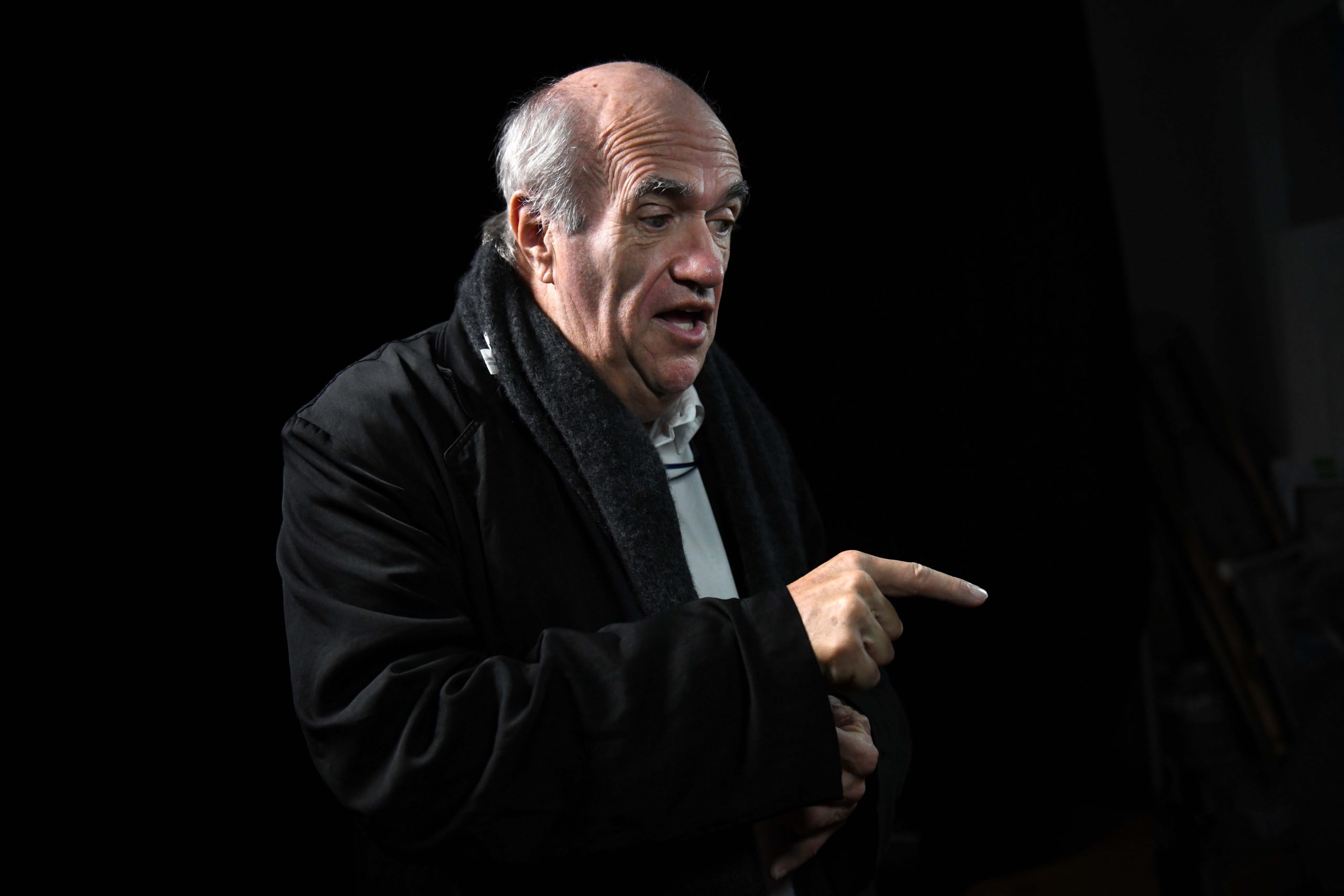When Colm Tóibín arrived at the door of the studio to be interviewed for this week’s podcast, he told me that he had just been delayed on the way by a woman who wanted to tell him what a great man he was, spreading joy across the country and how much she loved hearing him on the radio. As so often with Colm Tóibín, it’s impossible to tell if he is joking. But the encounter did happen it transpired – in some form – and it reveals something of Toibin’s stature. His latest book, A Guest at the Feast is…
Cancel at any time. Are you already a member? Log in here.
Want to continue reading?
Introductory offer: Sign up today and pay €200 for an annual membership, a saving of €50.

